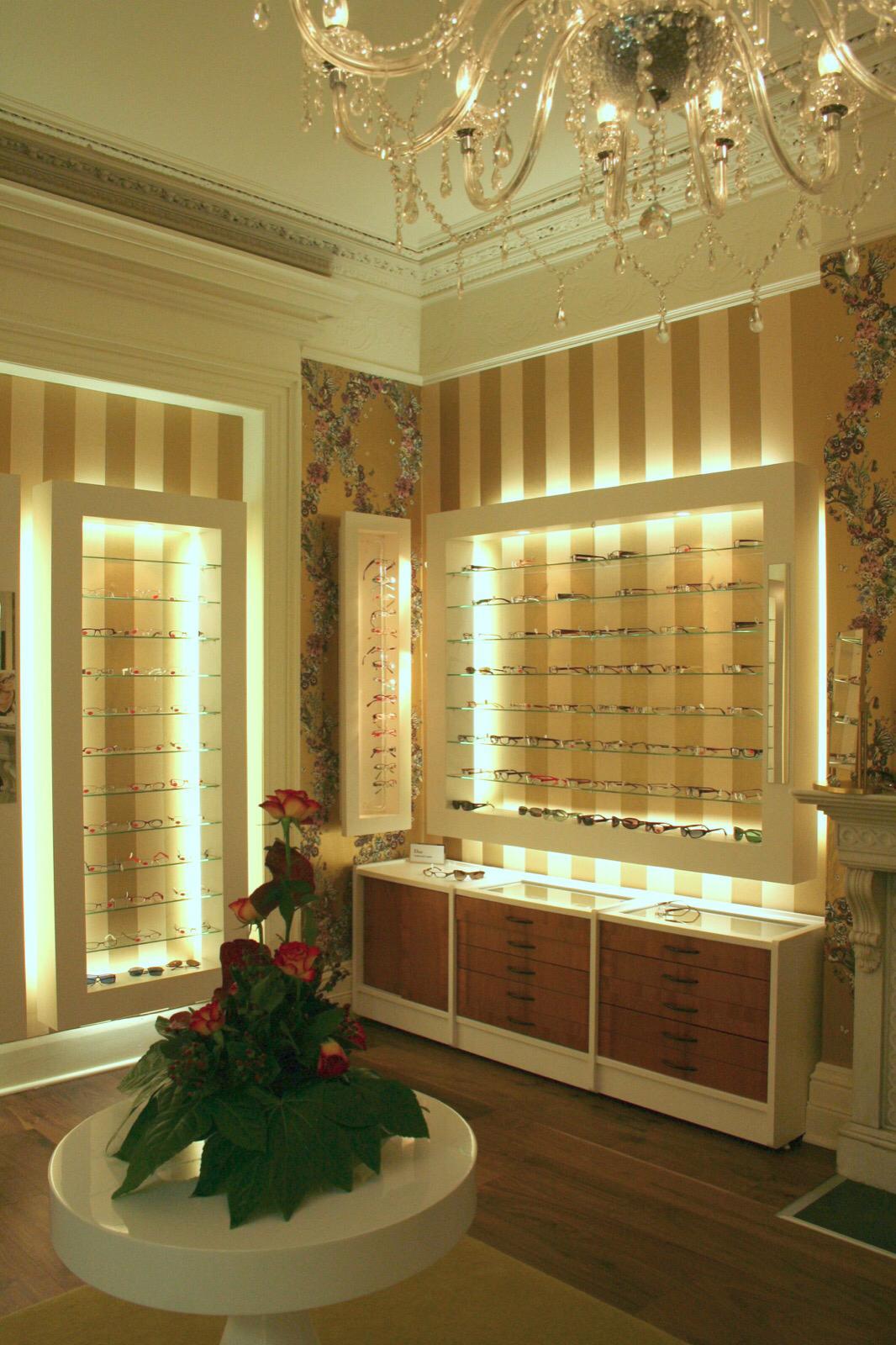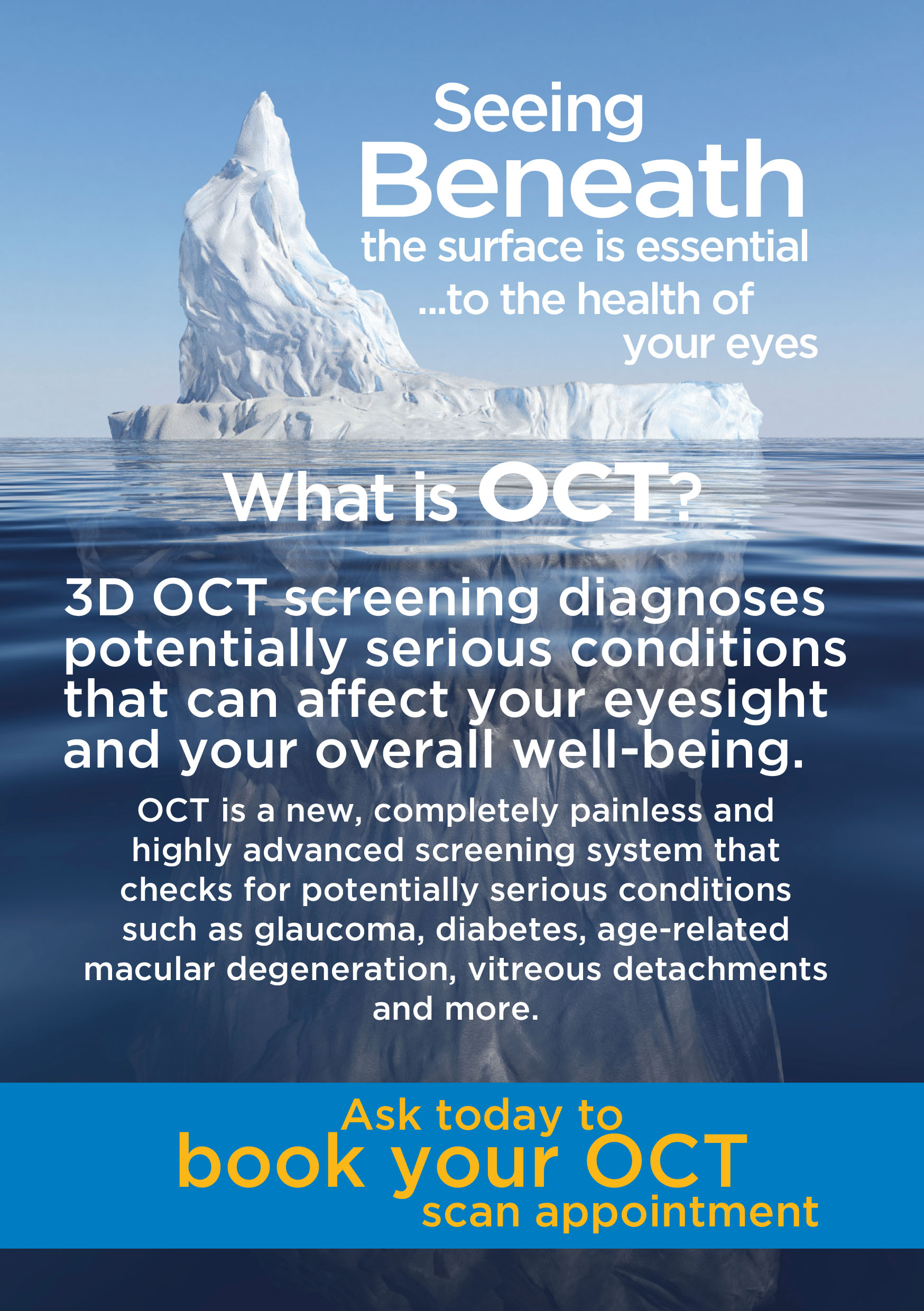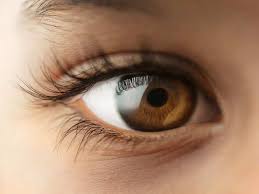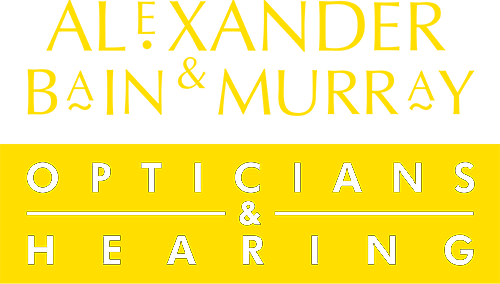Menopause and Your Eyesight
It is important that women going through menopause attend their optometrist for regular eye examinations to ensure early detection and treatment for any eye conditions. At Alexander Bain and Murray our team of highly experienced opticians will make sure you receive the very best eyecare in any of our practices in Armagh, Dungannon, Lurgan, and Portadown.
Many symptoms can be linked to the menopause.
Often women fail to recognise that the ocular health can often be affected by menopause, one study suggests as many as 85%!
There is a lot of research still being carried out, however menopause has been thought to be associated with Dry Eye Syndrome, Glaucoma and Cataracts.

Hormonal Dry Eye
60% of menopausal women suffer from dry eyes. Changes to hormone levels can affect the tear film reducing the volume of tears you have and quality of them.
Symptoms include – dryness, burning, grittiness, variations in vision, watering eyes and sensitivity to light. Dry eye can have an effect on both physical and emotional wellbeing – our opticians at Alexander Bain and Murry can provide advice and treatment.
Ocular lubricants, in the form of drops, gels or ointments help to lubricate and soothe the eye. Warm compresses or heated eye mask can also help. A diet rich in Omega -3 fatty acids will also help. Tuna, salmon, sardines are good sources of fatty acids, however there also Omega-3 supplements available. Avoid dehydration by drinking plenty of water and drinks without caffeine. Air-conditioning, central heating and fans are all likely to make the eyes drier. Humidifiers can help. Prolonged used of screens including computers and tablets can cause dryness due to decreased blinking, combat this by taking regular breaks and remembering to keep blinking.
Our Optometrists at Alexander Bain and Murray can also refer you to a specialist dry eye clinic or eye doctor for more specialist treatment.

Cataracts
Research suggests that there is a higher prevalence of cataracts in post-menopausal women than men of the same age and that lower oestrogen levels may be the cause.
Symptoms include – blurred vision, ghosting, glare in bright sunlight, difficulties with night driving and reduced colour perception.
Keeping your spectacle prescription up-to-date and use of special lens treatments can help in early cataracts. More significant cataracts that cannot be managed with spectacles can be removed during a routine operation.
Glaucoma
Glaucoma is an eye condition in which the optic nerve becomes damaged resulting in progressive loss of peripheral vision.
Studies have shown that oestrogen levels and lifetime exposure to oestrogen is linked with risk of glaucoma.
There is an increased risk of glaucoma in women who experience early menopause (below the age of 45).
Many patients are unaware that they have glaucoma since there are no obvious symptoms. An eye examination will detect glaucoma so that management of the condition can commence before peripheral vision is permanently lost.
Blepharitis
Blepharitis is inflammation of the rims of the eyelids, which causes them to become red and swollen.
It is thought that changes in hormone levels effect the oil secreting glands in the eyelids leading to blepharitis.
Symptoms of blepharitis include redness, burning, watering, irritation and sensitivity to light. Use of heated eye mask, eyelid cleansing, and eyelid massage can help to relieve symptoms.
Corneal Changes
Shifting hormone levels cause changes to the structural properties of the cornea.
This can cause problems for contact lens wearers who might experience a decrease in comfort and fluctuations in vision.

Eye Examinations
Remember it is important women going through menopause regularly attend their eye appointments with Alexander Bain and Murray opticians to ensure early detection and treatment for any eye conditions.
Remember at Alexander Bain and Murray through our clinical excellence and experience, we don’t just assess your vision we care for your total eye health.


Ocular Coherence Tomography (OCT)
"Seeing beneath the surface is essential to the health of your eyes..." What is OCT?…

Eye Conditions
There are many different types of eye conditions, some of the most common ones include:…
